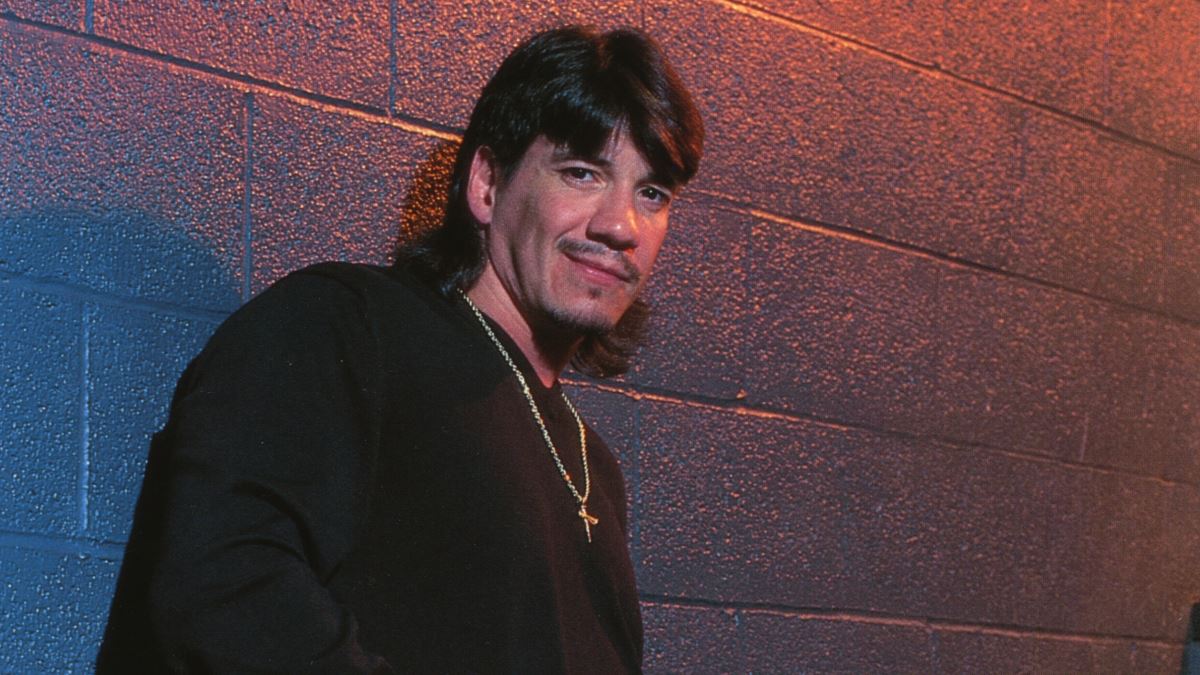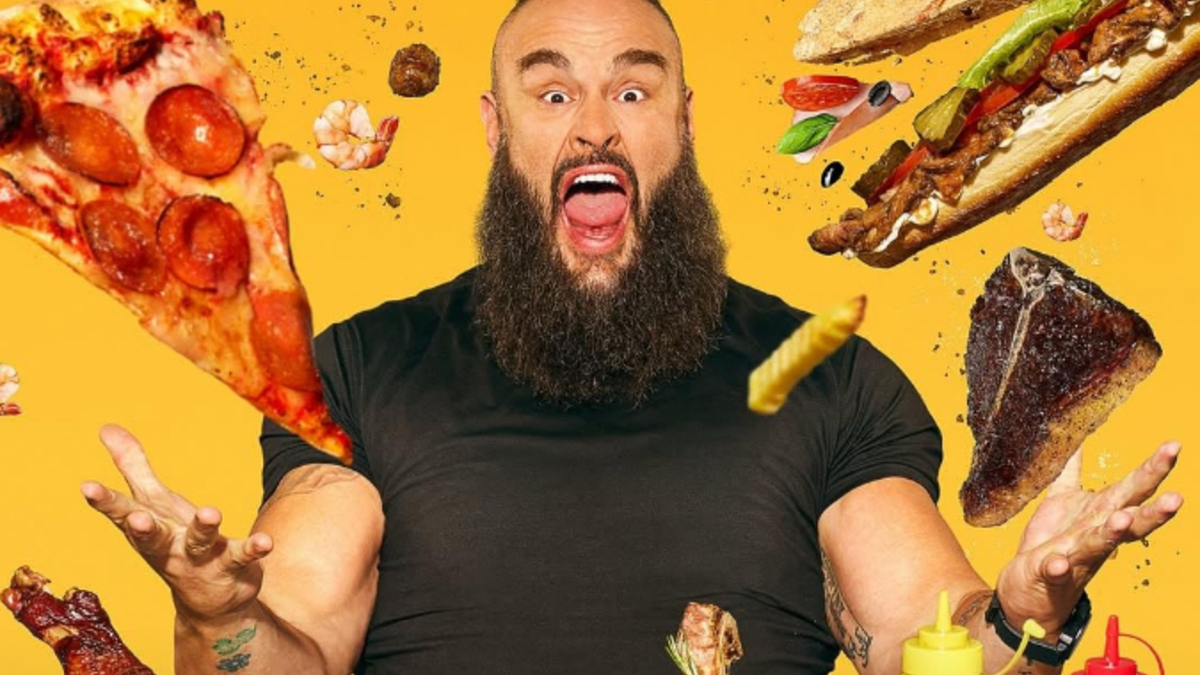Though familiar, Eddie Guerrero’s story still a worthy Biography
Watching the A&E Biography on Eddie Guerrero that aired on Sunday, May 26, I can’t really say that I learned much new, but that doesn’t mean I didn’t enjoy it.
The fact is that by this point, between all that has been written about the entire Guerrero family, Eddie’s autobiography, the WWE-produced DVDs and then everything that came out after his out-of-nowhere death in November 2005, there is a dearth of already-existing material.
Ah, but then WWE opens its vault, with mostly previously-unused footage filmed in 2004, and drops a line on us from Eddie himself, driving around El Paso while being filmed:
“Enjoy the ride as long as you can, because it’s not going to be there forever.”
Or
“If God were to take me today, I can honestly say that I’m satisfied, I really am. I’m pleased with the way that my career has gone.”
Those are lines to build around, which is what the producers smartly did.
As a wrestling fan, where can I watch all that footage? He goes into a taco shop and buys tacos for everyone, checks out the murals on the overpass pillars, drives by the El Paso County Coliseum where he used to run around as a kid on his father’s shows.
Magic. And it had just been sitting somewhere until now.
Stepping back for a moment, it’s important, as I have written recapping other episodes, in the Biography series, that this is not meant solely for wrestling fans.
While you or I, as hardcore fans, will question why Art Barr and Eddie’s whole rise to superstardom started with Barr in Mexico and then on the When Worlds Collide pay-per-view, I get why it wasn’t on here, and not just because Barr is a problematic person, due for a Dark Side of the Ring episode.
Skipping Latino World Order in WCW? I’m okay with that, as it might just confuse current WWE fans with the existing LWO.
Ignoring that Guerrero jumped from WCW alongside Chris Benoit, Dean Malenko and Perry Saturn — “vanilla midgets” as per Kevin Nash — is fair, I guess, as you can’t talk about Benoit without opening up a whole can of worms. That means we were also denied that magic moment, at WrestleMania XX, with Guerrero and Benoit both as World champions, hugging in Madison Square Garden.
As fans, we can find just about all that if we truly want it.
TONIGHT! Biography: WWE Legends, featuring Eddie Guerrero. 8/7c only on @AETV. pic.twitter.com/dUh6BOAEF3
— WWE (@WWE) May 26, 2024
So what is Eddie Guerrero’s story?
- It’s one of family, growing up surrounded by pro wrestling, with a father, Gory, who was a legend and then a promoter, and older brothers who got into the business. Vintage interviews were used of his mother, brother Mando, and nephew Chavo Jr., who was close in age to Eddie. Alas, nothing from his sisters or brother Hector. There was some great stuff of them all wrestling as kids, and a couple of Eddie’s old buddies were interviewed.
- It’s one of travel, as he hits the road out of El Paso, Texas, to learn his trade. His time as Black Cat in Japan was particularly important, but not dwelled upon.
- It’s one of opportunity, as Eddie had a charisma to him, a Mexican-American who could work his ass off in the ring, and then speak on the mic. Those chances came in ECW and then WCW. Both Paul Heyman and Eric Bischoff offer up some new insight here.
- It’s one of love, and interviews with his wife Vickie, from 2004 and 2013, are used. We don’t hear from their daughters, Shaul, Sherilyn or Kaylie.
- It’s about Latino Heat. Try not to smile at the ridiculous clips of Eddie wooing Chyna. “It’s been the difference in my career, is once I started having fun with it, man, it just took off,” said Eddie.
- It’s about Latino culture. The producers did excellent work here, letting authentic voices be heard. In particular, writer and podcaster AJ Ortega, who helped gringos (like me) better understand Eddie’s influence both from and on Latino culture, as he explains Viva La Raca, national pride, and ethnic pride. There were others too, like comedian Gabriel Iglesias and El Paso City Official Freddy Khlayel-Avalos that spoke eloquently. As great as Freddie Prinze Jr. was here, calling Eddie “a unicorn” since he could connect with anybody, I did a bit of an ugh when Sam Roberts was trucked out yet again late in the episode (I will call bullshit on Roberts claiming that Eddie was a “household name” across the United States).
- It’s one of addiction, and Eddie was never shy about talking about his battles — even on screen. Vickie especially hits home how hard it was on her and their kids, which is why she filed for divorce while he was in rehab … but later “fell in love with him all over again.”
- It’s one of survival. Between the DUIs, the car accidents, the overdosing, it’s a blur for the viewer, and very natural to wonder how — or why — he survived through it all, only to die out of the blue. With Vince McMahon persona non grata, it falls to Bruce Prichard to be the voice of the office, and he went from pitching Vince that Eddie was a “Mexican Shawn Michaels” to building him to becoming “a mega-star who happened to be Hispanic.”
- It’s one of WWE, so that side of things was covered extensively, including bringing us up to date with the likes of Damien Priest, Bayley and even “former WWE superstar” Sasha Banks all talking about Eddie. The best stuff was Dominic Mysterio and Rey Mysterio talking about Eddie and the fabulous angle where Dom’s parentage was called into question.
- It’s about too many voices. Did we need the brief appearances by Ric Flair, Lex Luger, DDP, Mickie James, Booker T, Michael Cole, Undertaker? They could have been cut and no one would have complained.
- It’s about voices that matter. The Mysterios, JBL, Kurt Angle, Batista were among those who worked with Eddie a ton and offered insight. John Cena wasn’t used a ton, but was wise in the use of his words: “He took lie, cheat and steal and made those three words okay, and that’s how good a performer Eddie Guerrero was.”
- It’s about Eddie’s faith. It came up from the cross on his arm to D-Von Dudley recounting how Eddie would hand you a piece of scripture to help you through tough times. “He was always helping other people out,” said Dudley.
- It’s about death. It’s okay to cry along with everyone on screen revisiting that awful day.
And, looking back, it’s about repetition. In this case, that was more than fine.
RELATED LINKS
- Slam Wrestling’s WWE on A&E archive




